par Julia Gammage Il y a 6 années
354
canadian conflict and missions since WW2
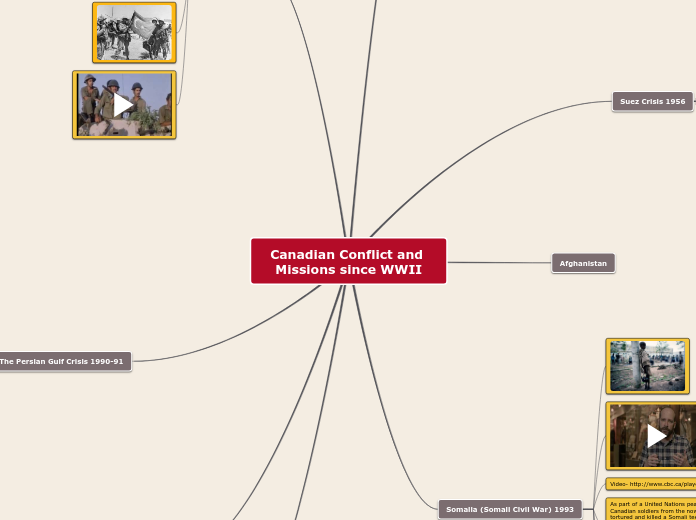
par Julia Gammage Il y a 6 années
354

Plus de détails
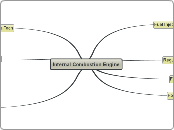

par patrick gamber
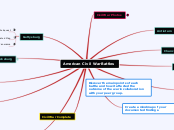

par Sherry Garrett
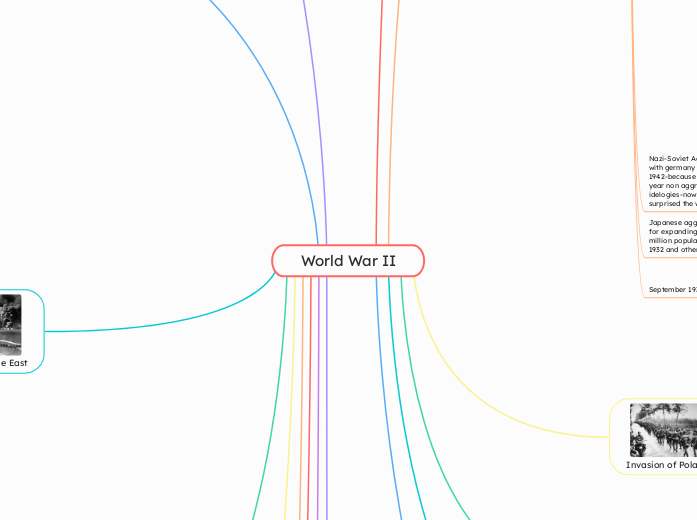

par 22-0064 2
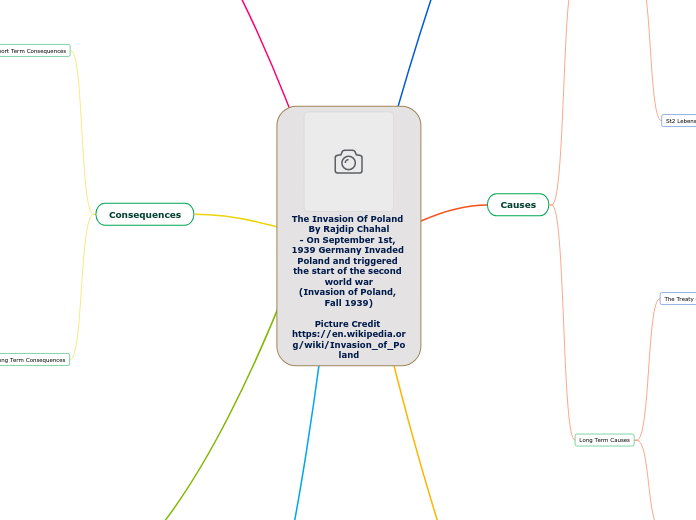

par RC - 10ZZ 686310 Chinguacousy SS
whyyy---Somalia dissolved into civil war and lawlessness in the early 1990's. As tribal clans and warlords competed for power, suffering and famine gripped the country. The United Nations responded in 1992 by approving a multinational peacekeeping mission, led by the United States, to restore a degree of order in Somalia and to allow food and other relief supplies to reach the population. In December 1992, a battalion-sized group of approximately 1,400 Canadian troops made up mostly of the Canadian Airborne Regiment, the Army’s elite paratroop unit arrived in the dusty desert town of Belet Huen. The regiment was tasked with bringing order to south-central Somalia and distributing relief supplies in the region. Airborne troops were frequently harassed by locals as they attempted to reopen roads and hospitals, rebuild bridges and escort food convoys. The Canadian encampment in Belet Huen was repeatedly the target of Somali looters trying to break through the perimeter at night in search of food, or whatever they could find. In response to the break-ins, the Canadian commander, Lt.-Col. Carol Mathieu, authorised his men to shoot looters in the legs if they ran from soldiers patrolling the compound. Another senior officer granted permission for thieves to be captured and abused.
what---As part of a United Nations peacekeeping mission in Somalia, Canadian soldiers from the now-d":::::::::::::efunct Airborne Regiment tortured and killed a Somali teenager named Shidane Arone. These and other violent abuses during the mission shocked Canadians and damaged the country’s international reputation. They also led to a public inquiry that revealed serious failures of leadership at the highest levels of the Canadian Armed Forces, kick-starting reforms aimed a professionalizing the officer corps.
The 1956 Suez Crisis was a military and political confrontation in Egypt that threatened to divide the United States and Great Britain, potentially harming the Western military alliance that had won the Second World War. Lester B. Pearson, who later became prime minister of Canada, won a Nobel Peace Prize for using the world’s first, large-scale United Nations peacekeeping force to de-escalate the situation.